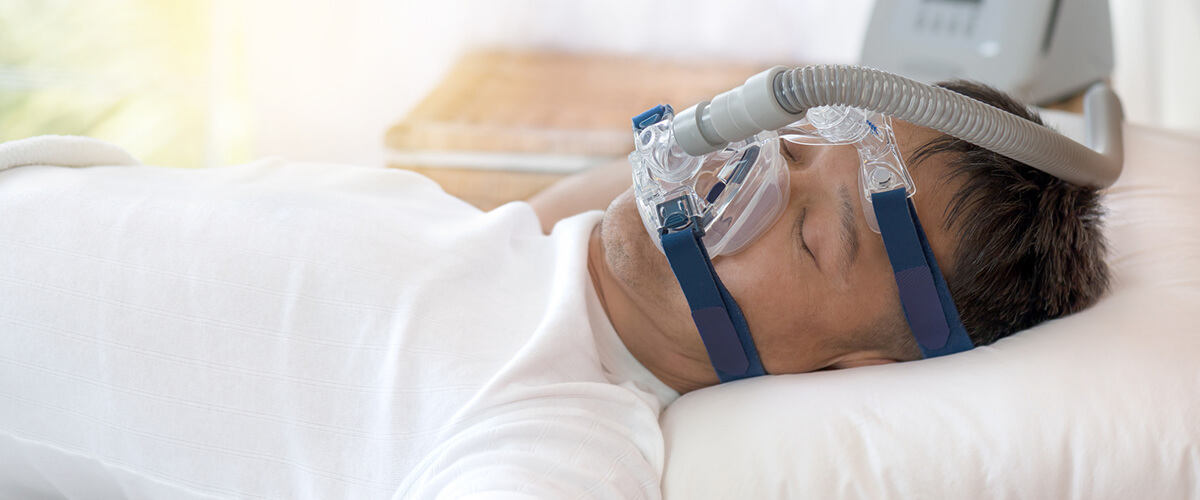The Minnesota Department of Health had approved adding the two conditions to the state’s medical cannabis program last November.
Minnesota patients diagnosed with autism spectrum disorder or obstructive sleep apnea now qualify for their state’s medical marijuana program.
The Minnesota Department of Health approved adding the two conditions to the medical marijuana program’s treatment list last November. That change took effect July 1, 2018.
“Any policy decisions about cannabis are difficult due to the relative lack of published scientific evidence,” said Minnesota Commissioner of Health Dr. Ed Ehlinger in November when announcing the additions. “However, there is increasing evidence for potential benefits of medical cannabis for those with severe autism and obstructive sleep apnea.”
Patients with either of those conditions can now obtain a doctor’s certification and register for the program. They can begin accessing medical marijuana on August 1.
Autism and sleep apnea join Minnesota’s 11 other qualifying conditions, including:
- Amyotrophic lateral sclerosis (ALS)
- Cancer and its related symptoms
- Glaucoma
- HIV/AIDS
- Inflammatory bowel disease, including Crohn’s disease
- Intractable pain
- Muscle Spasms
- Post-traumatic stress disorder (PTSD)
- Seizures
- Terminal illness
- Tourette syndrome
Minnesota is one of 30 U.S. states that permit varying forms of marijuana use for medical purposes. Under Minnesota’s law, patients can submit a petition to the Department of Health to request that a condition be added to the program. Petitions are accepted annually, June 1 – July 31.
Advocates last year had sought to add a total of 10 conditions. The eight besides autism and sleep apnea, including anxiety and dementia, were rejected by the Department of Health.
In Minnesota, registered patients can legally obtain cannabis in the form of a liquid, pill, topical, or non-flower vaporized material. Patients had also petitioned to add edible and smokable forms of medical marijuana to Minnesota’s program, but Ehlinger said no.
Minnesota’s program currently has 10,738 actively enrolled patients and 1,234 health care practitioners who can certify patients for medical cannabis. A state-funded survey last year revealed medical marijuana treatments to be beneficial for Minnesota patients.

Cannabis Benefits for Autism and Sleep Apnea
Autism spectrum disorder, commonly referred to as autism, is a neurodevelopmental disorder that develops in infancy or childhood. Researchers have found what they believe to be a potential link between autism and the endocannabinoid system, the system that the compounds in cannabis interact with.
Evidence indicates that these cannabis compounds can restore communication between brain cells and treat the symptoms associated with the disorder. You can read more about these research findings HERE.
Sleep apnea is a potentially serious sleep disorder characterized by breathing interruptions while sleeping. Patients often have to wear a CPAP airflow device at night.
Studies have found that cannabis may be beneficial by stabilizing breathing patterns and supporting the upper airway muscles. Read more about the research around cannabis and sleep HERE.
More on Medical Marijuana
You can learn more about Minnesota’s medical marijuana program, as well as programs throughout the U.S., through our education page. Stay on top of the latest cannabis industry updates visiting our news page.






